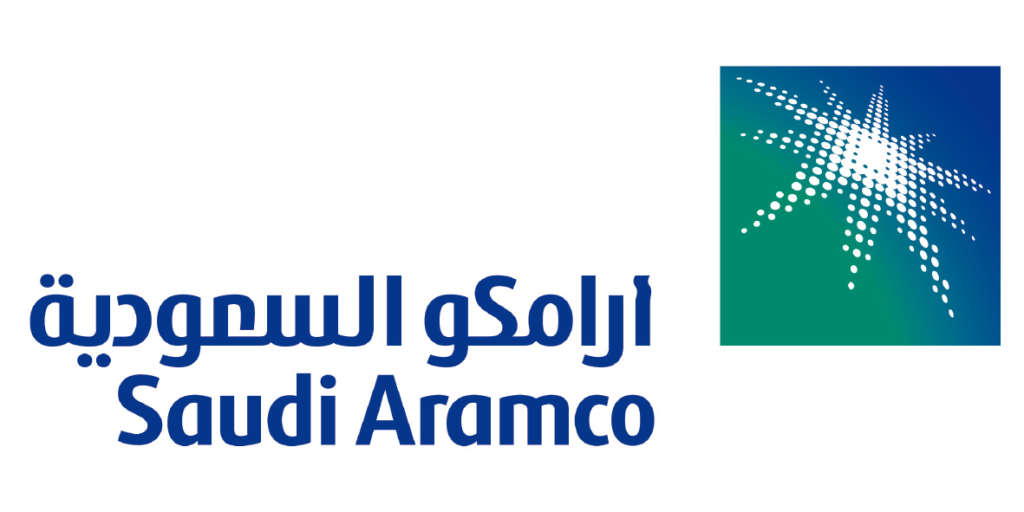Khobar- Ever since Saudi Deputy Crown Prince Mohammed bin Salman bin Abdulaziz announced the Kingdom’s Vision 2030, speculations did not stop as to how Saudi Aramco, the Kingdom’s national petroleum and natural gas company, would become after being offered at the stock market and transformed into an elite power manufacturer, instead of a traditional oil and gas production company.
Some locals, when speaking to Asharq Al-Awsat newspaper, picture Aramco becoming an industrial conglomerate like other prominent groups in Japan and South Korea, like Mitsubishi for example that covers a wide array of manufacture, all the way from home appliances to vehicles; or like Samsung which assembles both cellphones and colossal oil tankers next to construction among which is the establishing of oil facilities.
Analysts add that the company will expand, becoming more versatile and covering further domains. Among the new ventures mentioned by the Deputy Crown Prince Mohammed bin Salman are architecture, construction, solar power in addition to several other domains announced by Aramco its self.
Aramco announced constructing a shipyard, establishing a power manufacturing industrial city and founding a drilling services company.
Prince Mohammed bin Salman had already clarified that Saudi Aramco after restructuring would transform into a holding comprising a conglomerate of subsequent companies that would be managed through day-to-day decisions made by Aramco.
Deputy Crown Prince Mohammed bin Salman bin Abdulaziz, Second Deputy Prime Minister and Defense Minister, said that there are forthcoming programs that will be launched under the umbrella of the Kingdom of Saudi Arabia’s Vision 2030.
In a press conference held on the 25th of April, 2016 after the launch of the “Kingdom of Saudi Arabia’s Vision 2030,” the Deputy Crown Prince said that the first of these programs is the national transformation program, to be announced by the end of the 5th month or at the beginning of the 6th month, indicating that it will be an executive program for achieving the objectives of the vision across many sectors the most important of which are the sector of services and needs of citizens.
Localization will be achieved through direct investments and strategic partnerships with leading companies in this sector. These moves will transfer knowledge and technology, and build national expertise in the fields of manufacturing, maintenance, repair, research and development. Employees will be trained and will be integrated into industrial complexes.
Saudi Arabia has been blessed with rich mineral resources such as aluminum, phosphate, gold, copper, uranium and other raw materials. Although the mining sector has already undergone improvements to cater to the needs of the Kingdom’s industries, its contribution to GDP has yet to meet expectations. As such, Saudi Arabia is determined to ensure it reaches SAR 97 billion by 2020, creating 90,000 job opportunities in the process, SPA reported on the Kingdom’s vision 2030.
The Kingdom is also planning a number of structural reforms, which include invigorating private sector investments by intensifying exploration, building a comprehensive database of the Kingdom’s resources, reviewing the licensing procedures for extraction, investing in infrastructure, developing funding methods and establishing centers of excellence. Saudi Arabia will also form strategic international partnerships and raise the competitiveness and productivity of national companies. This will boost their contribution to the sector’s growth, as well as to the localization of knowledge and expertise.
Even though Saudi Arabia has an impressive natural potential for solar and wind power, and the local energy consumption will increase three folds by 2030, the Kingdom still lacks a competitive renewable energy sector at present. To build up the sector, the government has set itself an initial target of generating 9.5 gigawatts of renewable energy. The Kingdom will also seek to localize a significant portion of the renewable energy value chain in the Saudi economy, including research and development, and manufacturing, among other stages, SPA reported the Kingdom’s 2030 vision on renewable energy.
